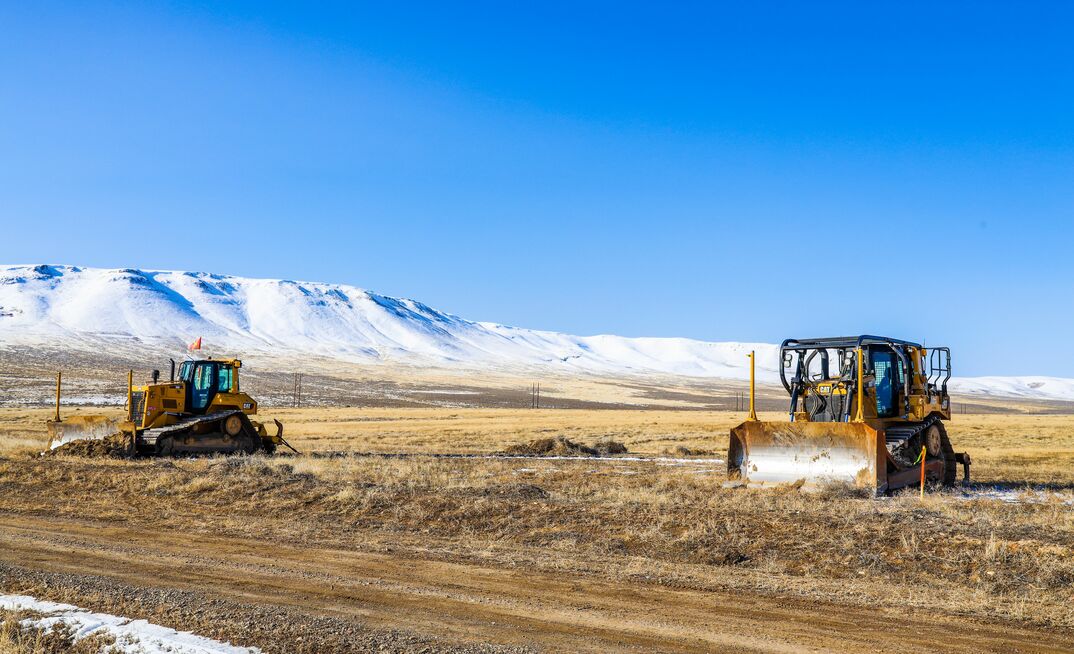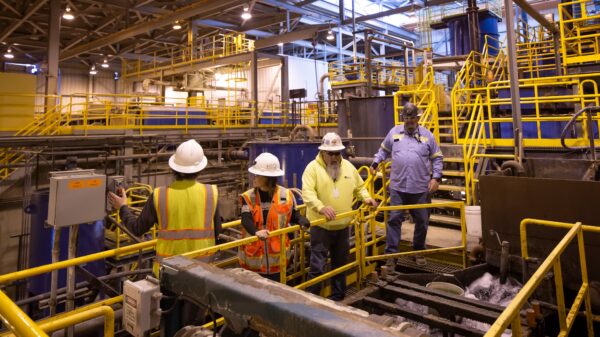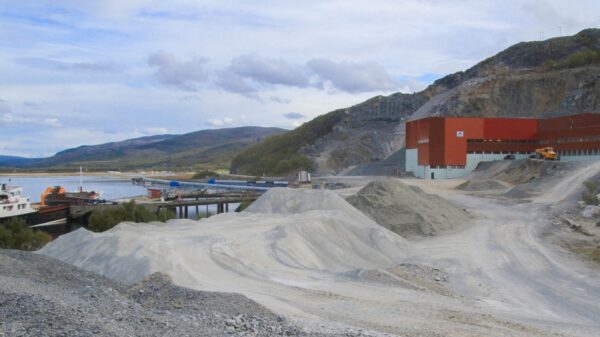Vancouver-based lithium miner Lithium Americas Corp (TSE: LAC) (NYSE: LAC) received USD$250 million in investment funding from Orion Resource Partners LP to help develop its Thacker Pass lithium project in Nevada.
Thursday’s funding announcement comes as USD$195 million in senior unsecured convertible notes, and a USD$25 million production payment agreement. Furthermore, Orion has agreed to buy an extra USD$30 million in senior unsecured convertible notes, when certain conditions are met.
Thacker Pass, a lithium clay deposit in northwest Nevada, will be mined as an open-pit operation. The company plans to develop the mine in two phases. During phase 1, mining is expected to produce 40,000 tonnes of battery-quality lithium carbonate annually. A phase 2 expansion would double production to 80,000 tonnes per year.
Lithium Americas will use the financing for phase 1 development and construction of the Thacker Pass mine, which it aims to complete by late 2027. The company is developing the project as a joint venture with General Motors (NYSE: GM), which acquired a 38 per cent stake for US$625 million last year. The project also has federal government backing through a USD$2.26 billion loan from the Department of Energy (DOE).
Read more: ExxonMobil and LG Chem agree to lithium offtake agreement
Read more: Albemarle Corporation loses $1B as supply glut pulls lithium prices down
Thacker Pass potential solution to US lithium crisis
Orion’s investment fully funds the project, the company said. Orion also holds a non-binding agreement with Lithium Americas to provide up to USD$500 million in financing for Thacker Pass Phase 2.
The United States is facing a growing lithium shortage. This is a critical issue for its transition to electric vehicles (EVs) and renewable energy.
Lithium, for example, is increasingly in demand. However, the U.S. lacks domestic production to meet future needs. Meanwhile, China holds a dominant position in the global lithium market, controlling the majority of extraction, refining, and supply chains. This stranglehold extends to other critical minerals like rare earth elements, essential for everything from electronics to military technology.
In response, the aim of President Biden’s Inflation Reduction Act (IRA) was to promote clean energy and reduce reliance on foreign minerals. It encouraged domestic mining and processing through incentives and investments in technology. However, President Trump has criticized the IRA, arguing that its approach hampers energy independence.
On inauguration day, Trump paused funding disbursements related to the IRA and parts of the Infrastructure and Jobs Act with an executive order titled “Terminated the Green New Deal.” The order, along with uncertainty over potential changes in the laws’ programs due to Congressional Republicans’ planned reconciliation bill, has caused renewable energy projects across the country to slow down, according to executives on the Feb. 26 call coordinated by 501(c)4 Clean Energy for America.
This nationwide network advocates for strengthening the clean energy economy and accelerating the energy transition.
.














